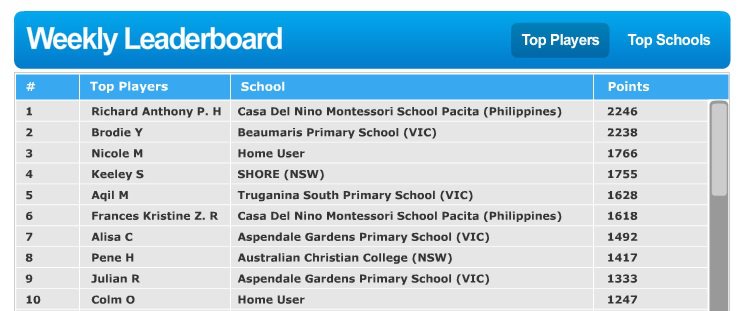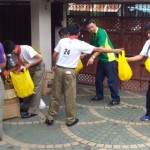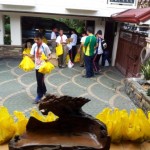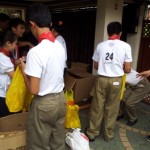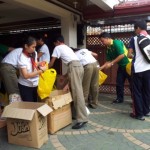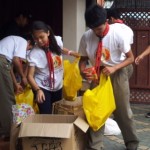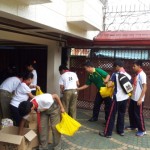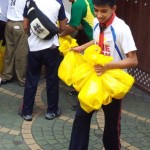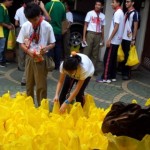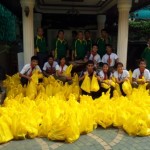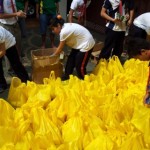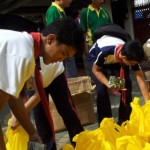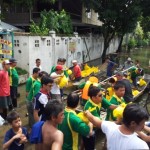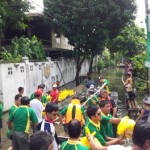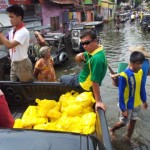By LEO ORTEGA LAPARAN II/MB Research Head
August 5, 2012, 6:31pm
MANILA, Philippines — Despite being separated from the Luzon mainland by a treacherous strait, Camiguin Norte Island in Calayan, Cagayan, manages to make things work, as far as sustaining an educational system is concerned.
The Department of Education (DepEd) sees to it that the teachers are fully utilized. In extreme situations a teacher handles more than one grade or year level, according to Education Secretary Armin Luistro.
“We also have the alternative learning system (ALS), which benefits those who cannot afford formal schooling,” Luistro said. “With ALS, we are able to provide an alternative to formal education by opening more educational opportunities to students with varying status in life, interests and capabilities.”
Barangay Balatubat Chairman Crispiniano Tugade says there is an alternative learning school in Camiguin Norte, “which I see as the only hope for schoolchildren who cannot afford to study.”
Under the ALS, “Mobile Teachers” are assigned to rural and depressed areas to teach unemployed adults, industry-based undergraduate workers, or members of cultural minorities.
In remote areas like Camiguin Norte, the Mobile Teachers are invaluable.
ALS classes are held in community learning centers or barangay halls. Integration begins with students attending a 10-month learning and review session administered by the Mobile Teacher, after which performance assessment prepares students for the Accreditation and Equivalency test (A&E).
If they pass either the elementary or secondary level, they receive a certificate, which gives them a chance to enroll in college or to take technical-vocational courses.
The problem, Tugade said, is “even if students get accelerated, spending to sustain their children’s education is still the biggest problem of parents.”
“That is why if the authorities wish to help, the best way is to make school facilities here better and to address the needs of schoolchildren,” he said.
Scholarship grants are most welcome. Camiguin Norte has “a number of out-of-school youths—high school graduates who cannot pursue college because they are too poor,” Tugade said.
Luistro stressed the importance of working hand-in-hand with local authorities, especially in far-flung areas.
“We maintain a good relationship with the local government unit and the community as we consider them our partners in education,” he said. “We also have very good principals who are able to manage whatever amount they receive as MOOE (Maintenance Operations and Other Expenditures) to ensure that students needs are addressed.”
Tugade echoed the sentiments of many teachers in Camiguin Norte that the upkeep of schools is are their biggest problem.
“We have a lot of students at the (Camiguin) elementary school, but four of the main building’s rooms are dilapidated. Of course, we also need more school materials,” he said.
“But if there are items and there is no place for storage, it is useless,” Lyceum of Camiguin officer-in-charge Marcelino Antonio said.
“Not that I’m belittling the situation, but life for us here in Camiguin Norte is really hard, especially if you have children you need to send to school. As you can see, our main source of livelihood are fishing and farming,” he said.
Food is not a problem. Almost everyone here has his own land to till. After plowing the fields, others can also go fishing,” Antonio said.


